‘Pushed towards anarchy’: why Sri Lanka is a nation on the brink
The country is only a few more ‘bad decisions’ away from disaster
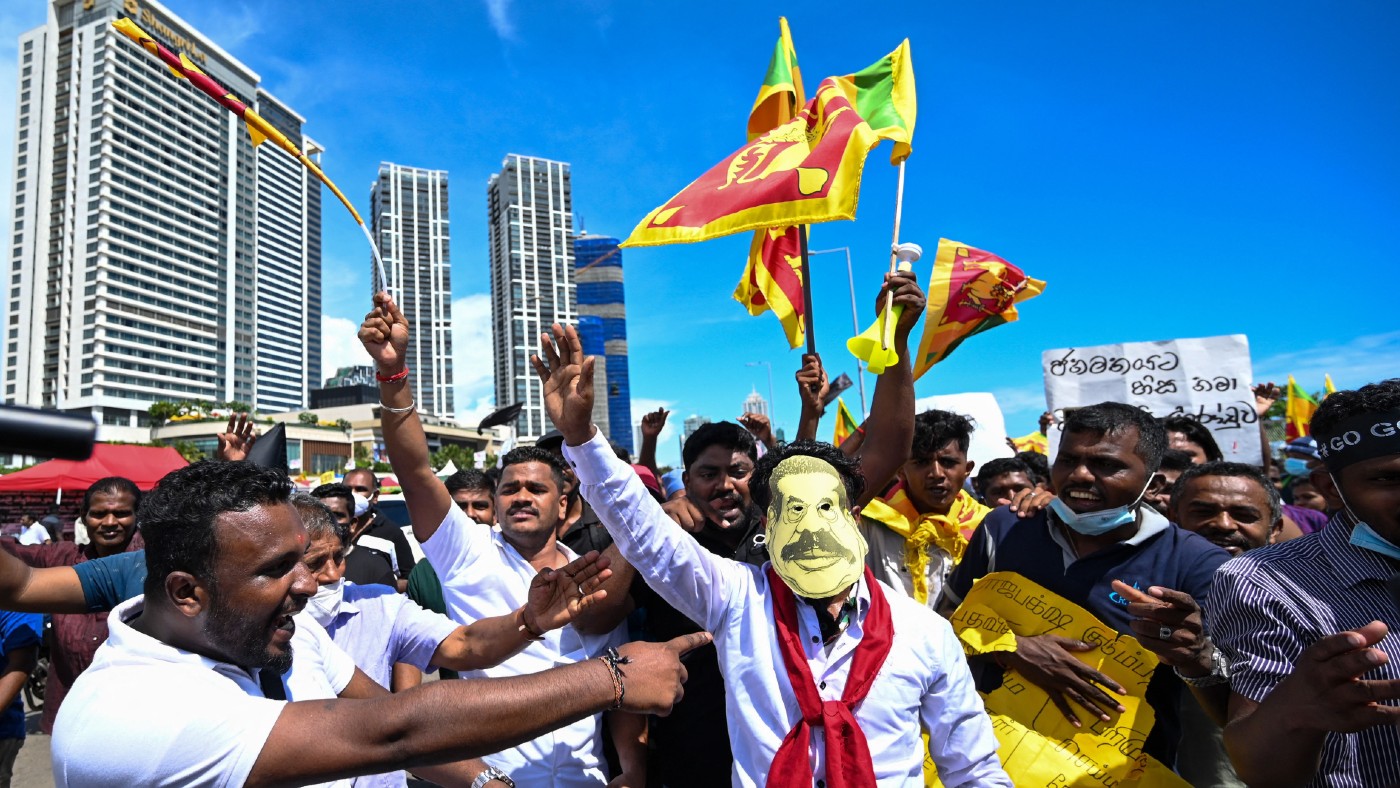
A free daily email with the biggest news stories of the day – and the best features from TheWeek.com
You are now subscribed
Your newsletter sign-up was successful
Sri Lanka is being “pushed towards anarchy”, said Ceylon Today (Colombo). For months, it has been in the grip of a crippling economic crisis. The price of rice has doubled since last year. There are shortages of basic foods, fuel and medicine, and ten-hour daily power cuts. Inflation, running at 20%, has rendered savings worthless. The country is due to default on $50bn of foreign debt.
“Incensed” Sri Lankans have protested in large numbers over the past month to demand the resignation of their president, Gotabaya Rajapaksa. In an attempt to stem the fury, the entire cabinet – except the president and his brother, Prime Minister Mahinda Rajapaksa – resigned on 3 April. But that “did not appease the masses”; the protests only gained momentum. Last week, police used live rounds to disperse rioting protesters in the town of Rambukkana, killing one person and injuring 14 more. The nation is only a few more “bad decisions” away from disaster.
Rajapaksa has made plenty of those, said Nihal Jayawickrama in the Colombo Telegraph. A Sinhalese Buddhist, he was elected president in 2019 following the Easter Sunday terror attacks that killed over 200 people. His background as defence secretary during Sri Lanka’s bloody civil war, which ended in 2009, made him appear a solid choice to restore law and order. Yet on taking office, he ill-advisedly implemented “massive” tax cuts, slashing state revenues. Inflation soared. And when Covid took out its tourism industry, Sri Lanka was left struggling to repay its debts.
The Week
Escape your echo chamber. Get the facts behind the news, plus analysis from multiple perspectives.

Sign up for The Week's Free Newsletters
From our morning news briefing to a weekly Good News Newsletter, get the best of The Week delivered directly to your inbox.
From our morning news briefing to a weekly Good News Newsletter, get the best of The Week delivered directly to your inbox.
Rajapaksa’s biggest single error was to ban the use of synthetic fertiliser and pesticides last year, said Chandre Dharmawardana on Island (Colombo). Some say it was a bid to return Sri Lanka to “traditional” farming, guided by his soothsayer, “Gnanakka”. Others say it was largely to save money on state-subsidised fertilisers. Either way, the results were catastrophic, with a dramatic drop in crop yields.
“Facing such daunting prospects, many leaders would have stepped down by now,” said Sumit Ganguly and Dinsha Mistree on Foreign Policy (Washington). Yet Rajapaksa, whose family has dominated Sri Lankan politics for years – three members of his family were in his cabinet – is unlikely to let go: he has secured $2bn in aid from India, and is seeking a bailout from the IMF. Any such deal, however, would almost certainly have austerity conditions attached, risking yet more social unrest. Whether Rajapaksa could survive that is unclear; what is certain is that “Sri Lanka is headed into even more turbulent waters”.
A free daily email with the biggest news stories of the day – and the best features from TheWeek.com
-
 Local elections 2026: where are they and who is expected to win?
Local elections 2026: where are they and who is expected to win?The Explainer Labour is braced for heavy losses and U-turn on postponing some council elections hasn’t helped the party’s prospects
-
 6 of the world’s most accessible destinations
6 of the world’s most accessible destinationsThe Week Recommends Experience all of Berlin, Singapore and Sydney
-
 How the FCC’s ‘equal time’ rule works
How the FCC’s ‘equal time’ rule worksIn the Spotlight The law is at the heart of the Colbert-CBS conflict
-
 Earring lost at sea returned to fisherman after 23 years
Earring lost at sea returned to fisherman after 23 yearsfeature Good news stories from the past seven days
-
 Bully XL dogs: should they be banned?
Bully XL dogs: should they be banned?Talking Point Goverment under pressure to prohibit breed blamed for series of fatal attacks
-
 The spiralling global rice crisis
The spiralling global rice crisisfeature India’s decision to ban exports is starting to have a domino effect around the world
-
 Netanyahu’s reforms: an existential threat to Israel?
Netanyahu’s reforms: an existential threat to Israel?feature The nation is divided over controversial move depriving Israel’s supreme court of the right to override government decisions
-
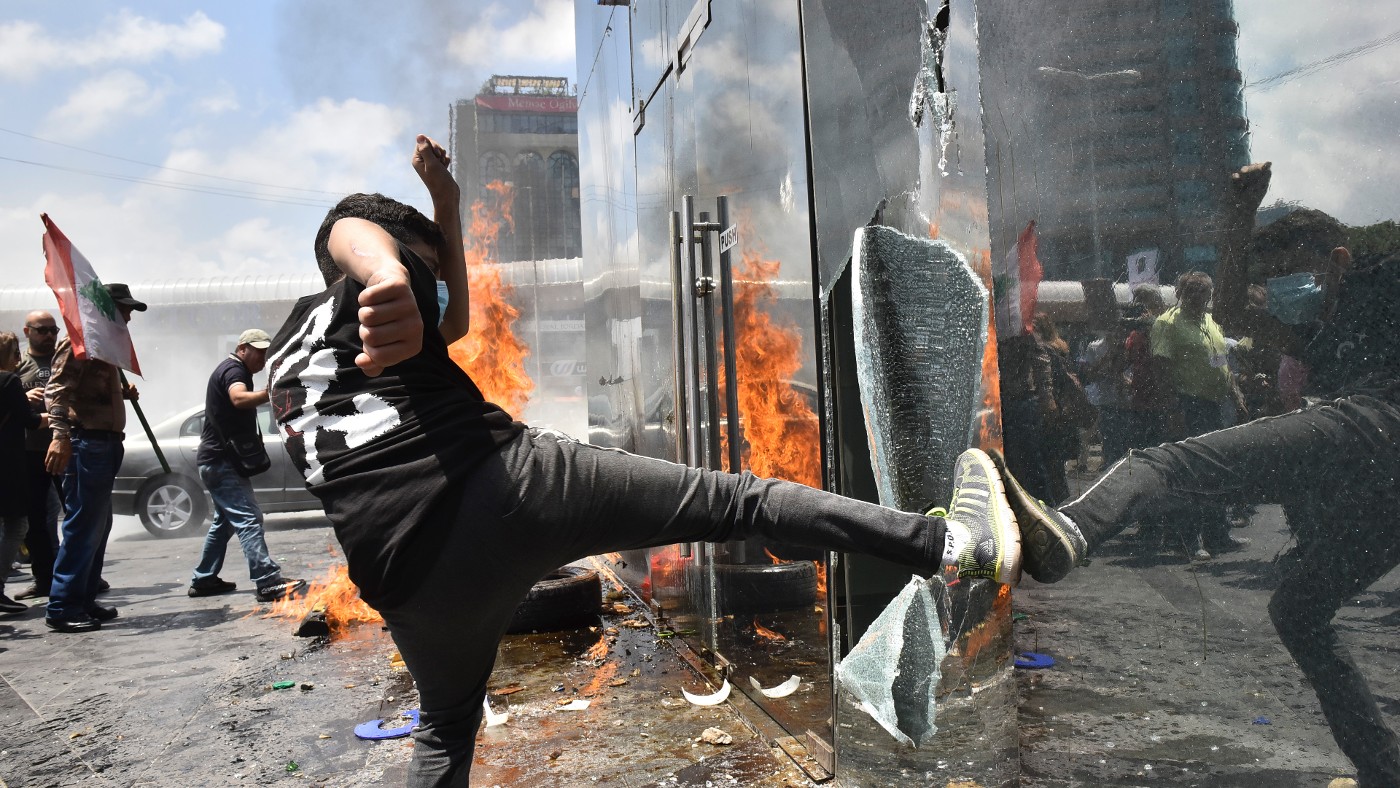 A country still in crisis: Lebanon three years on from Beirut blast
A country still in crisis: Lebanon three years on from Beirut blastfeature Political, economic and criminal dramas are causing a damaging stalemate in the Middle East nation
-
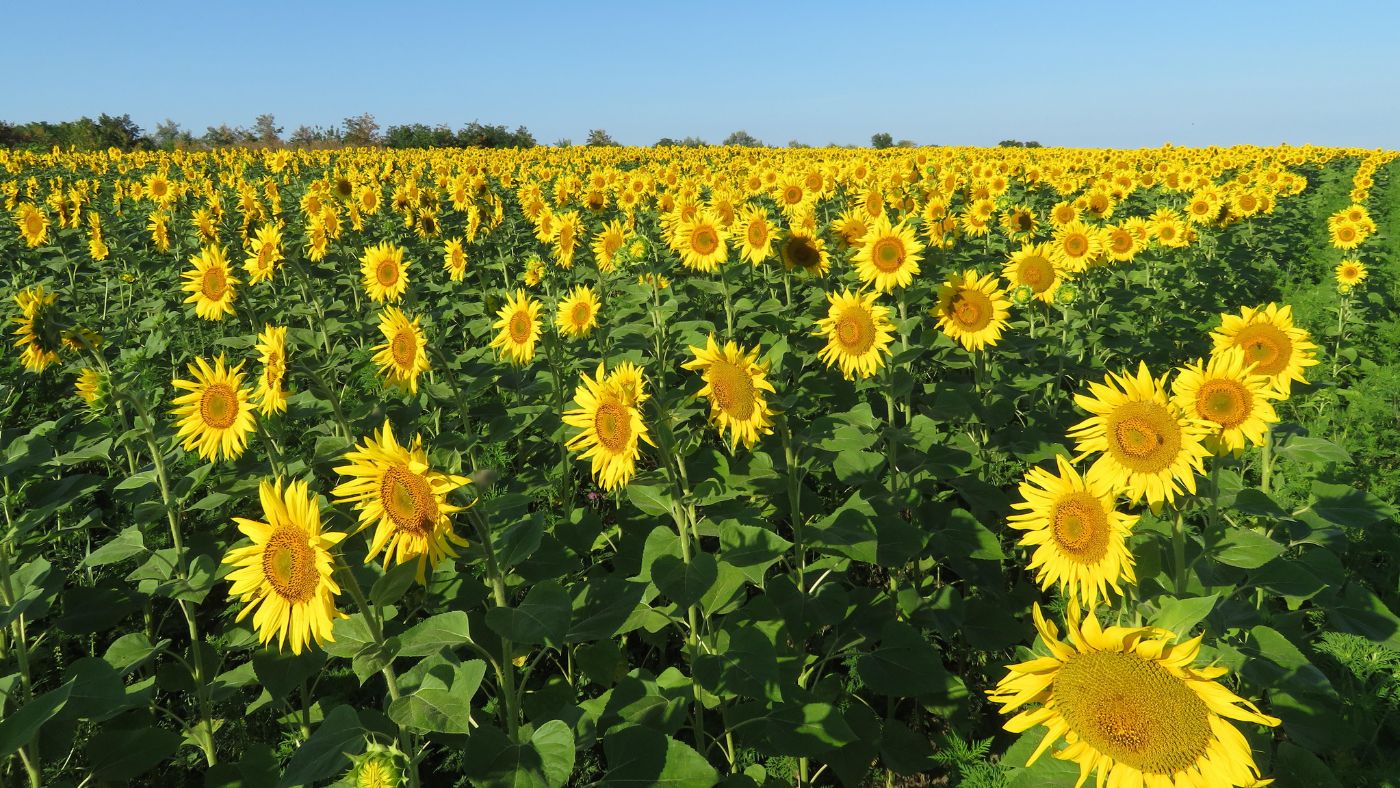 Farmer plants 1.2m sunflowers as present for his wife
Farmer plants 1.2m sunflowers as present for his wifefeature Good news stories from the past seven days
-
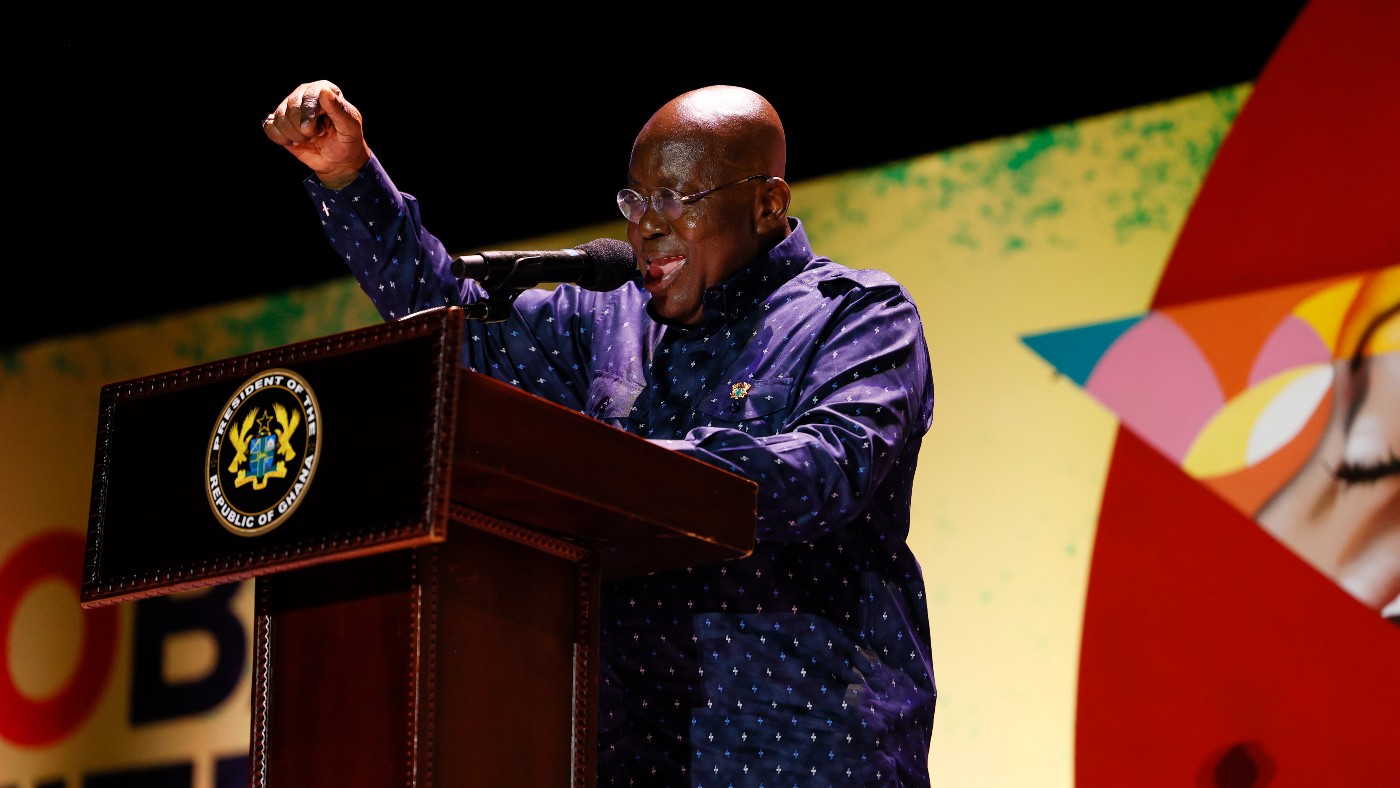 Ghana abolishes the death penalty
Ghana abolishes the death penaltyfeature It joins a growing list of African countries which are turning away from capital punishment
-
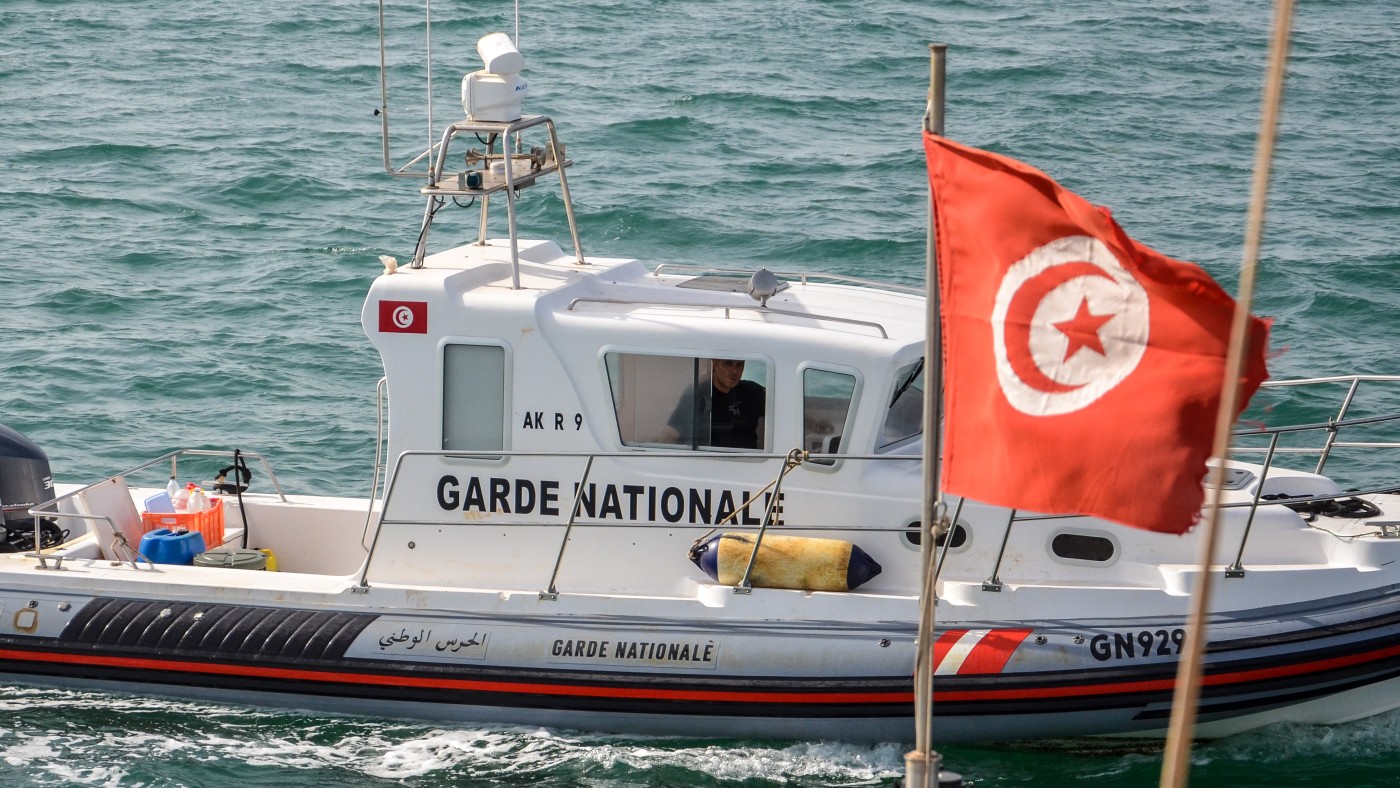 EU-Tunisia agreement: a ‘dangerous’ deal to curb migration?
EU-Tunisia agreement: a ‘dangerous’ deal to curb migration?feature Brussels has pledged to give €100m to Tunisia to crack down on people smuggling and strengthen its borders